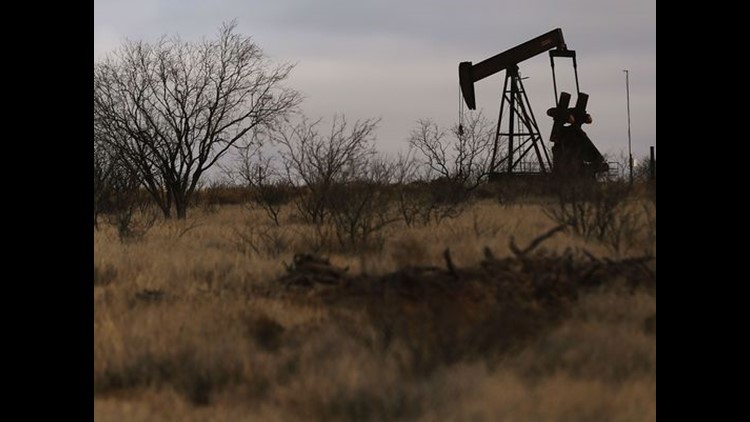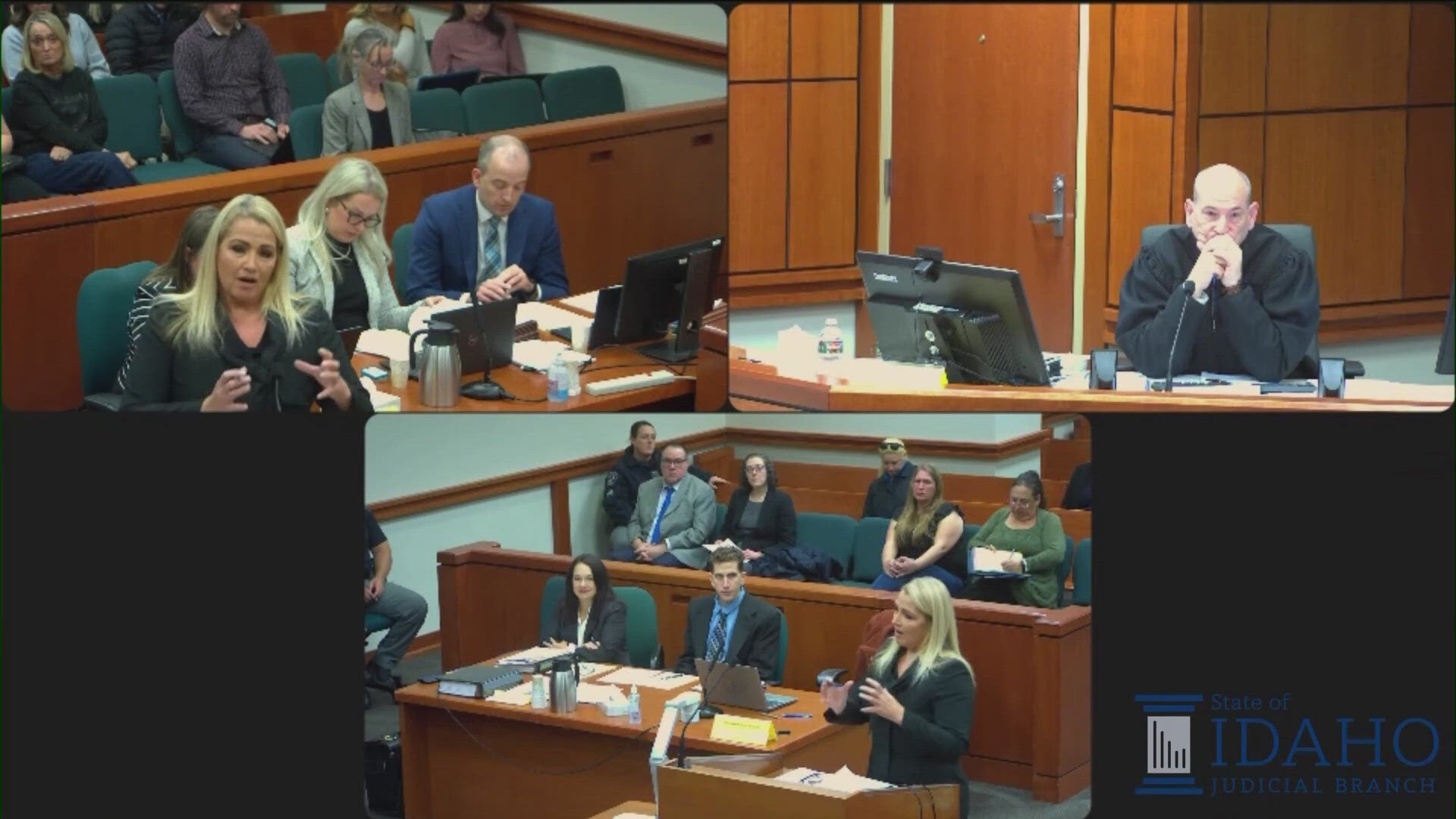BOISE, Idaho — A federal lawsuit filed by Idaho mineral rights owners over royalty payments should be dismissed, a Texas-based oil and natural gas company said in court documents.
Alta Mesa and other companies associated with it in court documents filed Wednesday deny any wrongdoing involving oil and gas leases in southwestern Idaho.
The initial lawsuit filed in Idaho's Third District Court in May said the company underpaid natural gas royalties to leaseholders by altering royalty accounting methods.
Alta Mesa moved the lawsuit to federal court because the various companies being sued were organized under Texas or Delaware laws, and none of the partners of the companies are Idaho residents.
Federal law allows lawsuits filed in state court to be moved to federal court if the defendants are not residents of that state.
Alta Mesa, the initial lawsuit says, "manipulated royalty accounting methods by calculating royalty on a net price rather than a gross price, by taking midstream deductions from royalty that the oil and gas leases do not expressly authorize, by failing to account for and pay royalties on all products produced, used, or sold, and by engaging in transactions with affiliates which reduced royalty paid."
Alta Mesa denies those allegations and includes a number of other reasons why the lawsuit should be dismissed. Those include that waivers in the leases prevent the claims from being made and that the statute of limitations prevents some claims.
In related action, an investigation by state officials into the company's production reporting from nine natural gas and oil wells in southwestern Idaho and made public in May found what state officials describe as reasonable variances.
The investigation going back to 2015 found the greatest discrepancy occurred at a well that is the focus of the lawsuit. The investigation found a 28% difference in a particular product called condensate produced at what is called the Kaufmann well.



